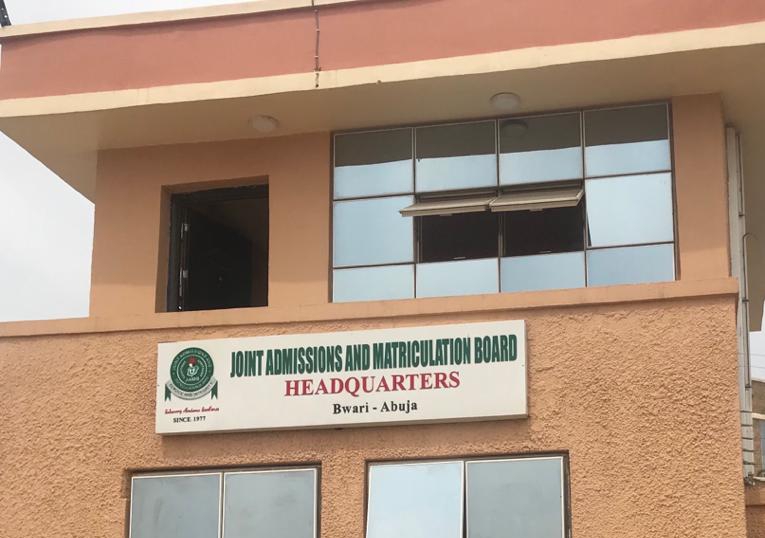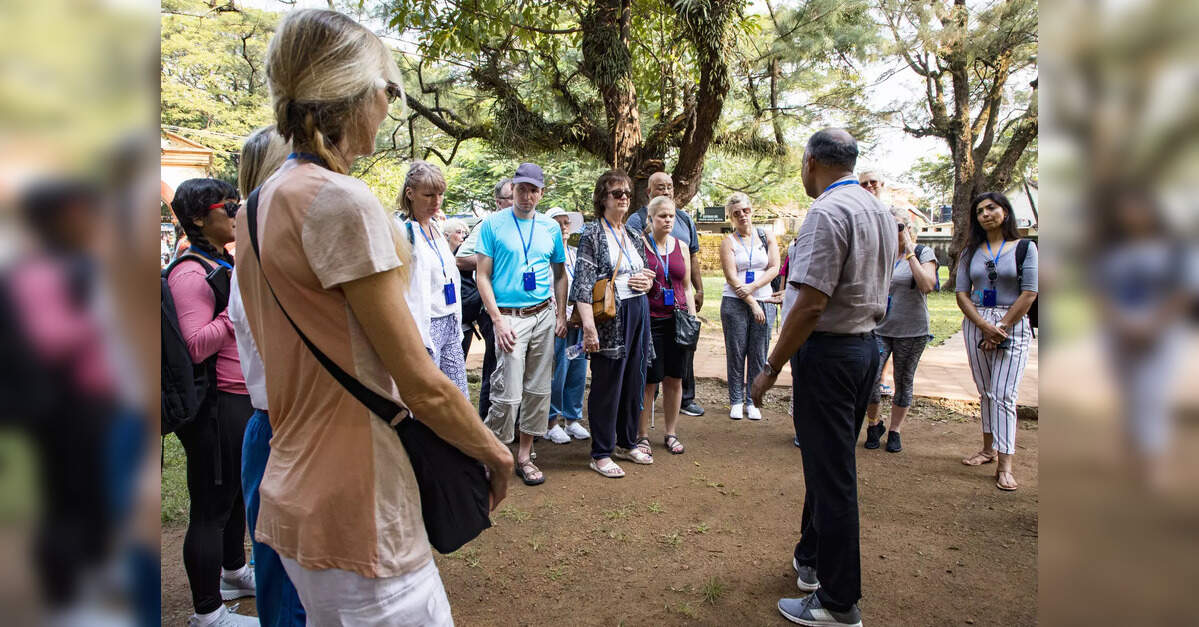Bamidele Highlights Achievements As 10th Senate Turns Two, Pledges Reforms to Deepen Democracy
Senate Leader, Opeyemi Bamidele has highlighted the accomplishments of the 10th National Assembly in the last two years, charting the road ahead for Nigeria’s democratic future.
Bamidele in a comprehensive midterm statement released to journalists on Monday, described the democracy day, celebrated on June 12 as a moment of reflection – both on Nigeria’s journey away from military rule and the work still needed to entrench representative governance.
“Reaching this midterm milestone is not just symbolic. It is a call to reflection – on our democratic gains, the sacrifices made, and the road still ahead,” the Senate Leader stated.
Bamidele, who represents Ekiti Central Senatorial District, acknowledged the significant challenges faced by the 10th Assembly, stressing they stemmed not from internal failings but from the complexities of national recovery in a difficult era.
Nevertheless, he said the Assembly had embraced its legislative role with a sense of responsibility, working under intense public scrutiny and criticism.
Responding to frequent criticisms branding the legislature as a “rubber stamp,” Bamidele defended the Assembly’s strategic choice of collaboration with the executive arm of government.
He argued that the adversarial posture of previous Assemblies often hampered governance, while the 10th Assembly has pursued constructive engagement without compromising its constitutional independence.
This approach, he said, has yielded tangible results: between June 2023 and June 2025, the legislature enacted or amended 108 laws aimed at improving lives and securing Nigeria’s future.
On Landmark Legislation and Economic Reforms, Bamidele identified two standout legislative achievements were the Student Loan (Access to Higher Education) Act, 2024, and the Tax Reform Bills, 2025.
The student loan law, facilitated through the Nigerian Education Loan Fund (NELFUND), according to him, has already received over one million applications, with more than 500,000 students granted institutional and upkeep loans, adding this reflects “real progress in human capital development.”
He said the tax reforms – awaiting presidential assent – are projected to boost investor confidence and economic growth, observing if implemented effectively, they could raise Nigeria’s GDP from $363.8 billion to $1 trillion by 2030.
Bamidele noted a significant increase in legislative activity within the Senate. A total of 983 bills were introduced in two years – 477 in the first session and 506 in the second, representing a 6% rise.
He said: “More importantly, bill passage jumped by 232%, from 25 bills in 2023/2024 to 83 in 2024/2025. The number of executive bills passed also doubled, from 13 to 26.
“Performance in the legislature goes beyond numbers – the National Assembly’s expanded oversight responsibilities and its responsiveness to citizen concerns.
“Petitions handled rose from 50 to 80 within a year, while 215 executive appointments were confirmed during the first session.”
Looking ahead, Bamidele said the Assembly would focus on stabilising the fiscal and monetary environment, securing lives and infrastructure, and reducing inflation.
He emphasised the need for constitutional reform to correct long-standing structural imbalances in the federation.
To this end, zonal public hearings organised by the Constitution Review Committee will soon commence, promising to be inclusive and participatory.
Electoral reform is also high on the agenda. “We must work together to build a political structure that reflects our aspirations and protects our democracy,” he said – reiterating the Assembly’s commitment to building a legislative legacy centred on democratic deepening, good governance, and sustainable development.
He urged Nigerians from all walks of life to actively participate in this nation-building effort.
“We are ready for the road ahead—and we invite all Nigerians to walk it with us,” he declared.
Sunday Aborisade
Follow us on:












